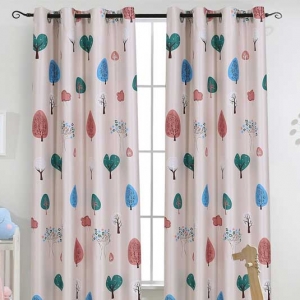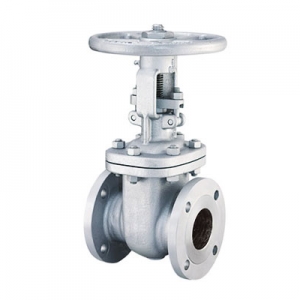The packaging industry has undergone a significant transformation in recent years, driven by growing awareness of environmental concerns and stricter regulations on plastic use. Among the many sustainable solutions gaining popularity, molded fiber packaging stands out as one of the most promising alternatives. Made from recycled paper, cardboard, and other natural fibers, molded fiber packaging is not only eco-friendly but also versatile, durable, and cost-effective.
One of the key benefits of molded fiber packaging is its biodegradability and compostability. Unlike plastics and Styrofoam, which can take centuries to break down, molded fiber products naturally decompose within months, leaving behind no toxic residues. This makes them an excellent solution for businesses looking to reduce their carbon footprint and adopt more sustainable practices. As consumers become more conscious of the environmental impact of their purchases, companies using molded fiber gain a competitive edge by demonstrating commitment to sustainability.
In terms of functionality, molded fiber packaging offers excellent cushioning and protection for products during storage and transit. Despite being lightweight, it can absorb shocks and vibrations effectively, ensuring the safety of fragile goods such as electronics, glassware, and medical devices. Its ability to be molded into various shapes and designs allows for customized packaging solutions that cater to different industries.
The food and beverage industry has embraced molded fiber packaging as a greener alternative to single-use plastics. Products such as drink trays, takeout containers, and disposable plates made from molded fiber are widely used in restaurants, cafes, and quick-service chains. These products not only meet functional needs but also appeal to environmentally conscious consumers who prefer packaging that is both safe and sustainable.
Another significant advantage is the cost-effectiveness of molded fiber packaging. Since it is produced from recycled materials, its raw material costs are relatively low. Moreover, the ability to recycle molded fiber after use contributes to a circular economy, further reducing overall costs and environmental impact.
As governments around the world continue to impose bans and restrictions on single-use plastics, the demand for molded fiber packaging is expected to grow rapidly. Innovations in coatings and printing are further expanding its applications, making it suitable for hot foods, oily products, and branded packaging.
In conclusion, molded fiber packaging represents a practical and sustainable solution to the global packaging challenge. By combining environmental responsibility with durability and versatility, it is poised to become the go-to choice for businesses and consumers seeking eco-friendly packaging alternatives.







